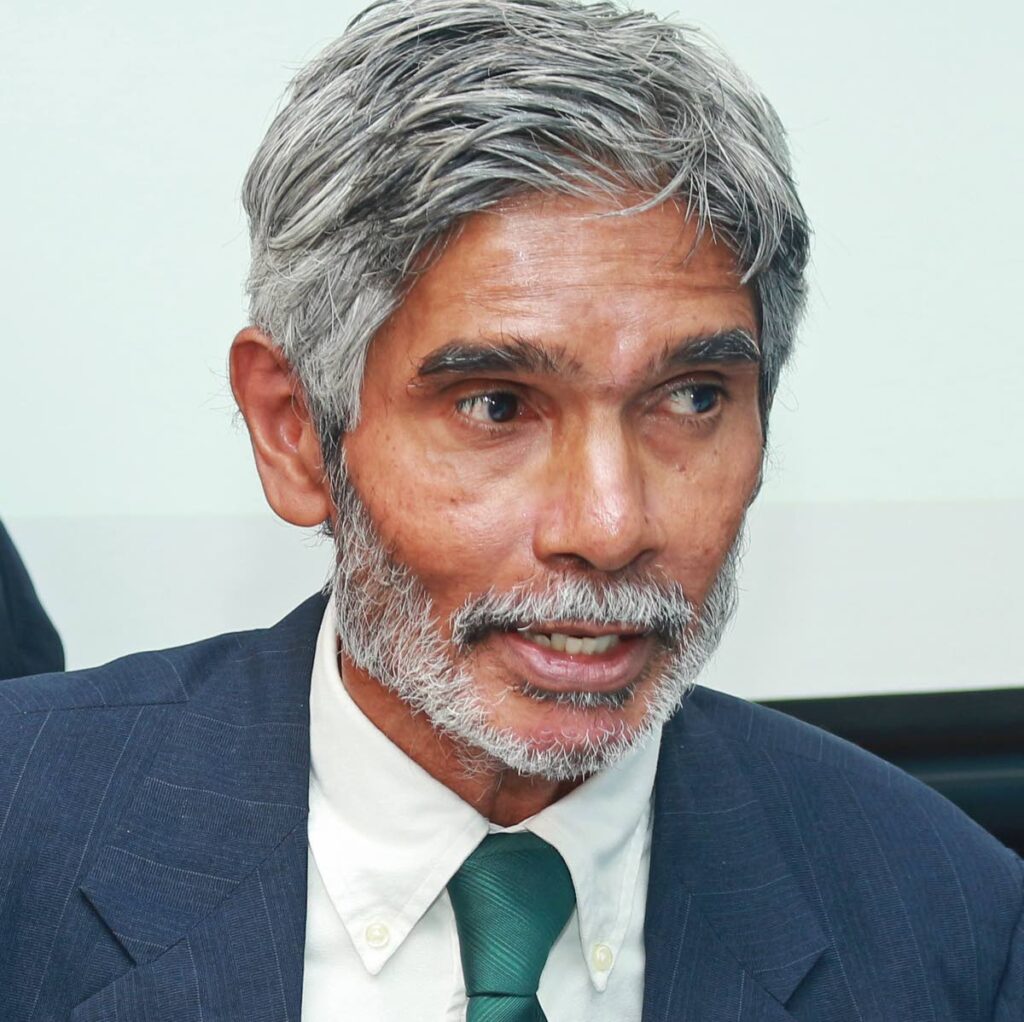Replacing political classes

WAYNE KUBLALSINGH
IT IS WISHFUL thinking, improbable, ludicrous to believe that our post-colonial elites who came to power in Trinidad and Tobago will ever make the changes required to build a stable, equitable and prosperous nation for the 21st century.
Putting local government reform or constitutional reform in their hands is preposterous; they will simply forge the rules and laws after the interests of their political class, UNC and PNM.
The dialectical approach to history was popularised in the early 19th century by German philosopher Georg WF Hegel.
It saw history or ideas not evolving in straight, or linear, lines. But as evolving out of clashes of opposites.
Classes clashing, defeating one another; the former rulers becoming the servants, slaves or eunuchs of the victorious.
In Latin “dilectica” refers to a dialogue, debate, clash, presumably between two.
I began my teaching of history at the age of 17 fresh out of A-levels. I was tasked with teaching a room of 500 students.
The students were repeaters. I had to make them pass. I faithfully reproduced the ideas in the European textbooks. No dialectics. These textbooks fuelled the idea of the paramountcy of the French Revolution.
Now, I prefer to hold that it was the English who fought the greater battle against the nobility, the ancient regime, the Medieval Court.
While the French Revolution was the more spectacular, the chopping off heads, the English persisted over centuries. Not one fell blow.
The English began their revolution against the Crown in June 2012.
Their Magna Carta, crafted by barons, told King John that he was not above the law, and that his citizens bore rights to certain liberties.
He was not supreme; he was made to accept an advisory council, the forerunner of today’s Privy Council. And Cabinet and junior ministers. In 1381, there was, arising out of a draconian poll tax, a peasant rebellion in England, led by Wat Tyler.
In 1605, Guy Fawkes, in endless Protestant/Catholic wars, attempted to blow up King James and his Parliament, by trying to detonate gunpowder under parliament.
By 1832, the king’s and queen’s councils had evolved into a parliament; in this year it passed the Great Reform Act, giving the vote, power, to the middle classes, the bourgeois.
This political revolution came after the English Industrial Revolution and the emergence of this bourgeois class as wealth rulers, captains of industries.
The 1870 Education Act established a system of local educational boards and universal schooling for England and Wales.
In England, the power of the monarchy faded away. The bourgeois parliament rules. The king or queen in the current constitutional monarchy is made to read a speech written by Cabinet.
The monarch may say a word in private to the prime minister, but any interference in executive power is chided, critiqued.
Two years ago, then then prince, now king, emerged from his abortorium (a botanical garden) in Balmoral which he had himself planted, upon an abandoned farm, in honour of his eldest son, George.
The effort was symbolic of inter-generational transfer, not only of money, prestige, but trees, botany.
The prince spoke close to his heart:
- “I’ve always felt that we’re overexploiting and damaging nature by not understanding how much we depend on everything that nature provides…having been somehow trained to believe that nature is a separate thing from us and we can just exploit and control and suppress everything about her without suffering the consequences.”
- “The way nature operates the universal principles is that underlying everything are the fundamental patterns in the universe, what we’re doing with our own economy is to disrupt nature’s economy by not following that circular pattern, we’ve created a linear one which imagines you can go on forever creating ever more growth…without understanding that actually you have to fit together with nature.”
- He runs his ancient Aston Martin car on English white wine and whey from the cheese process. He has installed in some buildings biomass boiler systems and solar panels.
- Electrical cars do not completely cut it. Materials for it, for batteries, have to be mined. It leaves too much waste. He advocates “the importance of hydrogen in this mix.”
- “I haven’t eaten meat and fish on two days a week and I don’t eat dairy products on one day a week so if it’s grass-based forage more extensive systems of the right breeds…that approach to farming is less damaging than the industrialised approach.”
- “And we still have perverse subsidies for fishing in the oceans causing again mammoth damage trawling up the bottom deep.”
- He advocates replanting hedgerows; and trees along avenues in post-covid Britain.
The British Parliament has relegated the king to a ceremony, a useful idiot. When he tries to speak on environmental matters, he laments, “You’re immediately accused of being an idiot, accused of interfering and meddling,” when he suggests that “there are better ways of doing things, in the nicest possible way.”
The most powerful class in modern history, the ancient regime, the monarchs, leading vassals, serfs, yeomen, armies and churchmen throughout the medieval age, was defeated not by one fell blow, but by a series of dialectical battles from which there emerged the new parliamentary classes in modern Europe. Our modern post-colonial political class must go. Subjected to a dialectical putsch by a fresh political class.


Comments
"Replacing political classes"